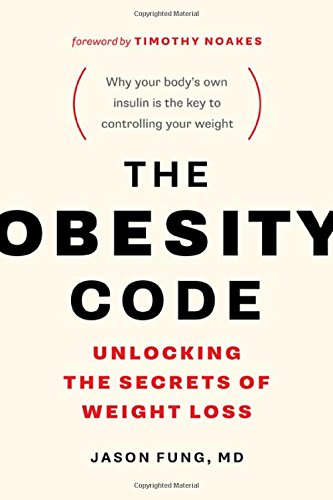

“When people ate whenever they were hungry… which means you go way back to being cavemen or living in the wild… their average lifespan was 25 to 35 years of age,” he said.īut now, he said, despite our processed foods and fixed mealtimes, we are living into our 70s. But this decision to eat at a certain time is a practical one that works for the modern lifestyle, he added. He said while hormonal imbalance can be a problem in patients and it’s important to correct the imbalance, the book’s solutions are debatable.įor example, the program recommends eating when hungry instead of at a set mealtime, he said. Peter LePort, bariatric surgeon and medical director of MemorialCare Surgical Weight Loss Center at Orange Coast Medical Center in California, said that generally speaking the theory behind the diet makes sense, but he’s unsure how practical it is. So is this the real deal - a diet that can help maintain true weight loss, or is it another fad?ĭr. Under the Instagram hashtag Obesity Code, the same kinds of promising images spark the hope of a healthier future.

The gist of the diet is that long-term weight loss can be achieved by balancing hormones like insulin in the body, and this balancing can happen through intermittent fasting and eating whole, unprocessed foods. One of the latest diets making the rounds is based on the 2016 book, “The Obesity Code: Unlocking the Secrets of Weight Loss,” by Dr. Scrolling online, you’ll find thousands of diet-related posts daily under hashtags for keto diet, Weight Watchers, and other weight loss regimens. And with the rise of social media, it’s easy to be digitally surrounded by photos of enticing dishes, extreme before-and-afters shots, and motivational mantras.

The promise of a weight loss solution that actually works intrigues us daily. Share on Pinterest “A key question is whether intermittent fasting as a strategy for weight control is sustainable over the long-term.” - Heidi Silver Getty Images


 0 kommentar(er)
0 kommentar(er)
